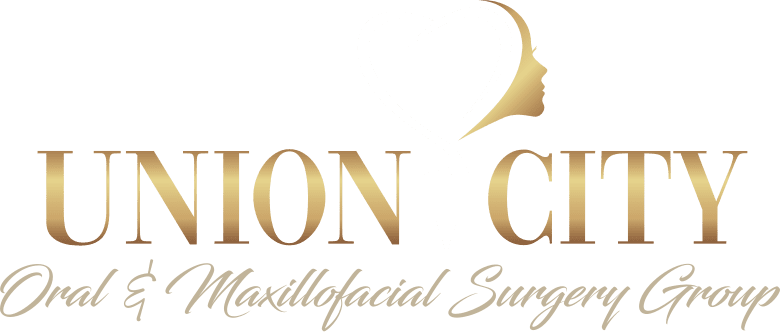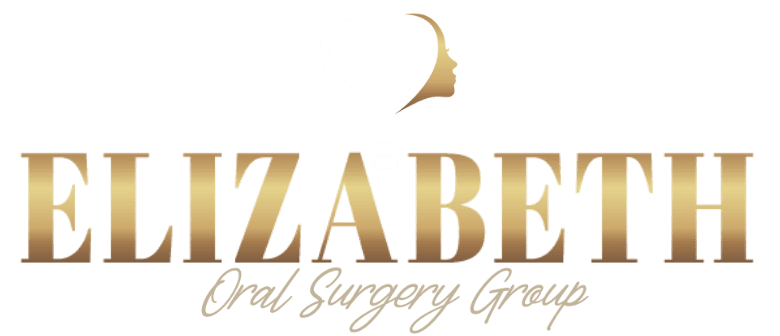With the right oral surgeon, a tooth extraction can be quick, painless, and stress-free. Depending on how many teeth you are having extracted, what specific teeth are being taken out, and how impacted they are, the process will look a little different for everyone. No matter the specifics, the actual extraction is only half the battle.
In order to ensure full recovery and proper healing, you must adhere to the rules your oral surgeon gives you after the procedure. It’s likely the extraction is just the first of many procedures to come. Bone grafts, socket preservations, and implants are all common procedures performed after an extraction has been completed. Following proper healing tactics often involve staying away from your usual coffee in the morning for a couple days, as well as keeping the area clean. For more information, Union City Oral Surgery Group has put together a guide with tips and tricks below.
3 Ways to Promote Proper Healing After a Tooth Extraction
After you have had your extraction procedure, your surgeon will discuss the steps necessary to take for a clean healing process. Three of the more common ways to promote active healing include the following:
Avoid Hot Beverages
For the hot coffee and tea drinkers out there, it’ll be necessary to find a replacement for a few days after you have had your tooth removed. The typical range is three to five days to give the area time to fully heal. Iced coffee should also be avoided, as it still contains caffeine and utilizes a straw. The sucking motion can cause unnecessary strain on your gums and socket which can irritate the area.
After five days or so, the blood clot that has formed in place of your tooth should have fully healed. Otherwise, caffeine combined with the hot temperature can disturb the blood clot from fully forming and cause a condition called dry socket.
Take Prescribed Medications
Depending on the severity of your procedure, your oral surgeon may prescribe you medication to take. For major extractions like wisdom teeth, popular medications or treatments include:
- Ibuprofen
- Vicodin
- Antibiotic
- Anti-nausea medication
- Antibacterial rinse
For questions on the importance of the medications, as well as alternatives, it’s important to have a discussion with your oral surgeon. The team of highly-qualified doctors at Union City Oral Surgery Group will only prescribe medications deemed important and necessary for full healing.
Rinse Food Debris
With your tooth having been removed, you will be left with a small hole in your gum tissue. Your body will immediately get to work closing the hole up by forming a blood clot, but the process is not instantaneous. You will want to be deliberate for a couple of days about what you eat and how. Avoid chewing on the side of your mouth where you had the procedure, and take measures to rinse out any food debris that may have snuck into the area. Failure to do so can cause infection.
Your surgeon can help talk you through safe ways to rinse.
Have Questions About the Extraction Process? Speak With a Professional Today
With the help of a dedicated team of experts to guide you through the entire extraction process, you’ll be back to drinking your favorite cup of coffee in no time. Union City Oral Surgery Group is devoted to providing our community with the best possible service. Our doctors are the best from across the nation and are proud to offer the most up-to-date technology, techniques, and offerings in minimally invasive procedures.
To see how we can help you today, give our office a call at (201) 601-9262 or fill out our contact form.


